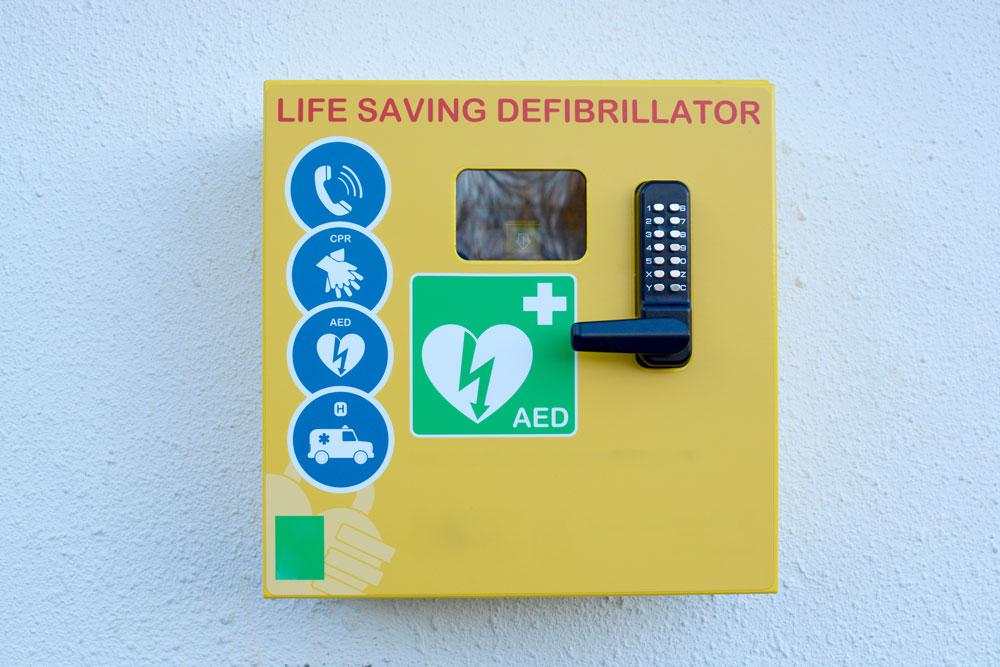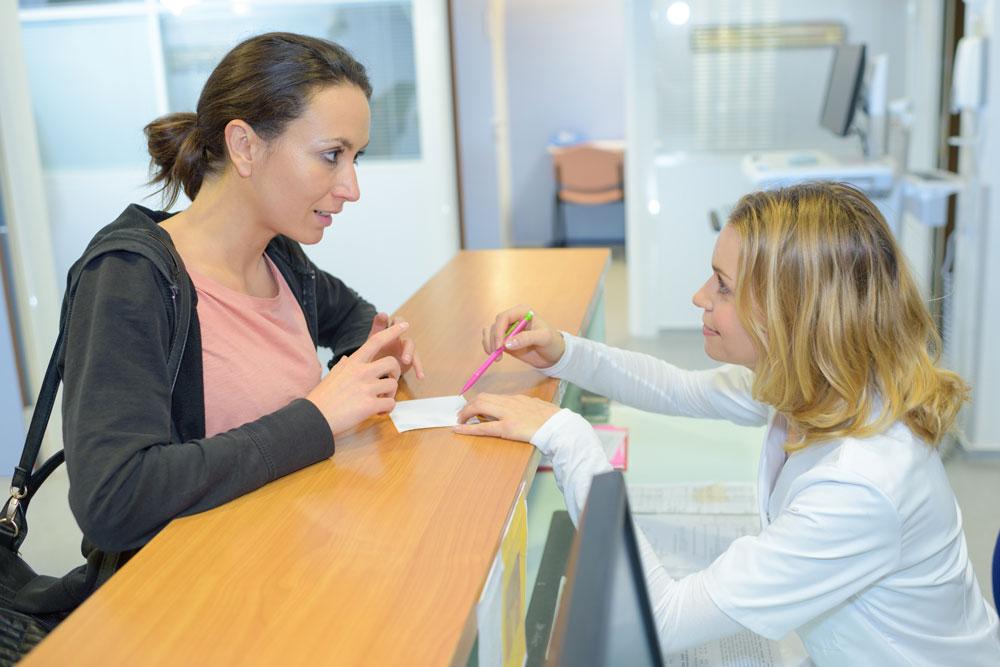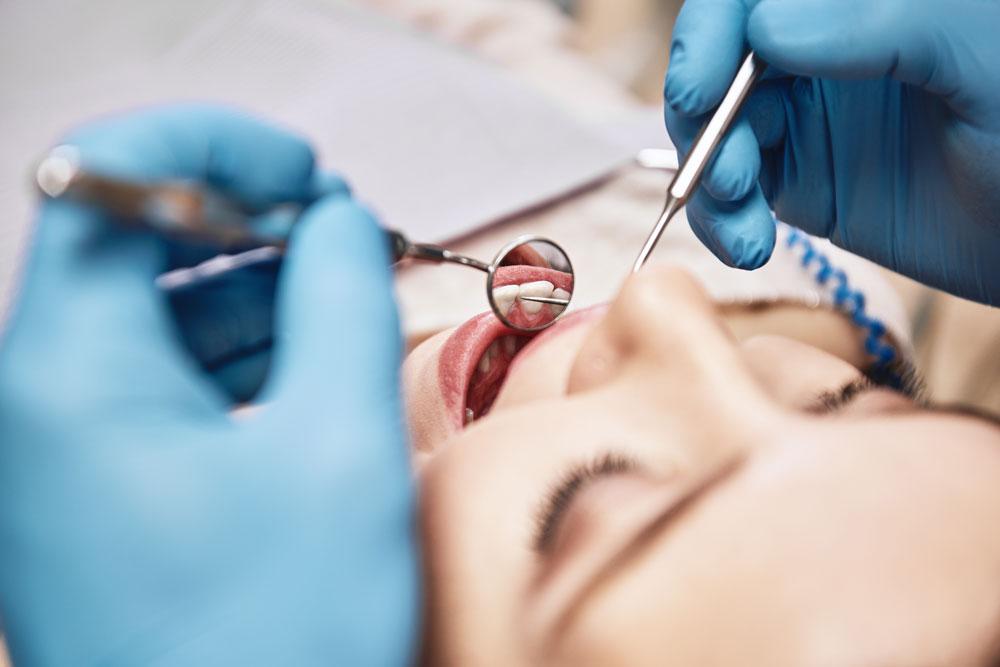Given the current challenges facing the NHS, likely to be heightened as we approach what many predict to be the most difficult winter for the NHS since the Second World War, we have gathered together a Panel of Experts to analyse the NHS response to coronavirus, the next step in improving facilities and future working patterns to improve efficiency
It is clear that the NHS will not be returning to any kind of norm for the foreseeable future, and instead will have to adapt to new ways of working and adopt new partnerships to remain as efficient as possible. This will involve making the best use of existing technologies, processes and resources, as well as using the plethora of products and arrangements on the market to maintain high levels of care, whilst being as productive and efficient as possible.
Since March, there has been myriad examples of this in action, from the seven NHS Nightingale hospitals to the free parking for NHS staff at hospitals across England. However, with a second wave of coronavirus expected this winter, and a backlog for treatments and surgeries increasing by the day, working through the pandemic will continue despite the easing of lockdown.
Here, in our first Pandemic Recovery Panel, Health Business gathers the views of three healthcare experts on how the NHS takes the first steps to recovery, what this new way of working may look like, and life beyond coronavirus.
The way forward
Many health organisations are trying to figure out what the health and care system should look like in the aftermath of the coronavirus pandemic. These are certainly uncertain times, and many believe that the health system will be fighting the coronavirus pandemic for some time to come, while having to manage regular day-to-day healthcare services. Matthew Bradfield, Managing Director of Fairford Medical, says that the health service is having to learn to adapt at a very fast pace and with relatively little information to go on, which he believes could lead to a decentralisation of healthcare services away from the central hospital. As we have seen with the agreement between NHS England, the Department of Health and Social Care and the private sector, Matthew foresees that more and more services will be offered at independent locations as a way to reduce the number of patients required to be at high risk locations.
Catherine Horne, who leads the healthcare sales team for ISS, is in agreement, paying tribute to the way in which the whole system and its supporting functions have had to be flexible, agile, reactive and decisive. But whilst she acknowledges that we must continue to build on what we have done and effect change, for which decentralisation could be argued, Catherine stresses that the environment of continuous improvement, cultivated over the last five months, must remain and momentum must not be lost. As she highlights, we must create a ‘new normal’ and a new ‘business as usual’.
Julie Lewis is Business Account Manager at Radiocoms Systems Ltd, and brings this part of the conversation towards technology and how the NHS needs to continue adopting innovative, dynamic technologies. The coronavirus pandemic shifted communication technologies to being seen as a central priority, but with a second wave likely in the coming months, she says that there is now a real drive for a comprehensive strategy and preparedness amongst health care facilities. With the ongoing and forecast staff shortages, Julie says that it is critical that NHS organisations ensure they have the right tools in place to connect and strengthen team communications. No different than IT systems, radio communications have evolved into sophisticated, feature-rich communication devices with both hardware and software components that can support team co-ordination and emergency responses.
Has the patient journey changed?
The most important goal for everyone involved is that healthcare facilities and staff manage to maintain the trust of the wider community, who need to know that if they need to visit the hospital, they will be safe. Healthcare has always expected the highest standards of hygiene and cleanliness and this has never been as important as it is now. However, healthcare operations are now experiencing an epidemic of safety issues, so future development is reliant on a strong foundation.
For Catherine Horne, this means that local healthcare facilities will need to create a solution and response that is flexible, agile and can meet the capacity needs in line with the clinical needs of the organisation. We must maximise the patient flow and the patient journey in a healthcare facility where we may need to treat both coronavirus and non-coronavirus patients, and organisations like ISS must be equipped to do this and be able to keep its patients and staff safe.
Since before the pandemic, ISS developed the principle of ‘Touchpoints@ISS’ where the organisation tracked the patient’s journey from arriving at the hospital car park to leaving at the end of their stay. This allowed them to identify the areas where their actions would impact on the patient, and where they could make a difference. ISS has now taken this one step further with Pure Space™, where they increase cleaning frequencies in core areas and appoint hygiene stewards – empowered employees tasked with ensuring hand sanitisation and one-way systems are implemented to keep infection risks low and maintain a visible culture of safety around each hospital.
With such technology in use across the country, the experience of Julie Lewis is telling, as she finds that teams throughout a healthcare setting are often running separate technology platforms, with varying user experiences. When you consider that teams must care for the ill and injured inside their facilities while protecting patients, staff and visitors from outside threats, both hygienic and physical, it is hard to ignore the role of technology in helping find solutions.
When closely connected, technology can drive forward NHS Trusts’ digital transformation, collaboration and empowerment of their healthcare professionals and specialists. Providers must put proper security measures and communication systems in place to handle crisis prevention and crisis management. When they do, safety is strengthened and you can achieve better outcomes.
Motorola Solutions is at the forefront of developing secure, reliable, resilient technology that transforms healthcare estates. When, in the past there have been arguments against the use of some technologies that could have been considered inappropriate for ward, critical care or A&E teams when a crisis occurs, Julie highlights that with radio communications technologies you have private, ‘always available’ communications to streamline collaboration and offer speed responses to team and patient occurrences. Radiocoms works with health care providers, trusts and estates to understand their challenges, pain points and support their innovation strategies.
Beyond technology, the use of offsite buildings can really help. Matthew Bradfield says that primary intake and treatment will likely have to move from the central hospital to designated coronavirus sites for the foreseeable future, so as to take pressure off of hospitals that are struggling to provide regular care. In the meantime, he says, it is important to make sure that the patients that do have to come to the hospital feel as comfortable as possible.
The use of remote location, relocatable, mobile and temporary facilities will be critical to making sure that patients can remain as socially distanced and safe as possible while receiving the best treatment the hospital can provide.
Collaborative working
This brings us nicely to the use and future of the NHS Nightingale hospitals, which have served as an example of quick and well-coordinated collaborative working. The first NHS Nightingale hospital opened at London’s ExCeL Centre on 3 April, a month after Health Secretary Matt Hancock and Chief Medical Officer Chris Whitty imposed a stay-at-home order, shutting the majority of schools, businesses, venues and places of worship.
The purpose of the hospitals is to provide large-scale critical care sites for projected increases in patients across the country. As it turned out, most of the expected increased demand for critical care was met by expanding capacity in existing hospitals - in fact, by the end of June only two of the hospitals, in London and Manchester, had treated patients.
Nonetheless, despite the lack of use, they serve as a reminder of the need for agile working in the healthcare sector. There is no doubt that the ability to rapidly expand and deploy new healthcare facilities will be vital in fighting any potential resurgence of the coronavirus. As Matthew Bradfield points out, local infection rates will dictate where and when extra resources are required, but the use of modular, mobile and relocatable medical facilities is likely to become a mainstay of the healthcare providers in this country. These systems also will allow for a more flexible and dynamic response rate to healthcare emergencies in the future.
Discussing the role of agile working in the long-term future of the NHS, Catherine Horne says that, in order to deliver a healthcare service that meets the specific needs of our patients, the whole healthcare sector must work differently and create bespoke solutions. These will need to adapt as circumstances change – services that work for everyone within our healthcare facilities. By remaining agile, working together and with a common purpose, positive outcomes for patients can be achieved.
Julie Lewis is sure that the key to supporting agile working remains in digital transformation, with the last few months highlighting how up-to-date technology is increasing productivity, encouraging innovation and improving collaboration. She says that policies and procedures with individual facilities may restrict how and when new technologies are introduced, but built-in additional functionality and flexibility should be taken into consideration when considering digital devices to support agile working protocols.
As the workforce becomes increasingly dispersed, employee collaboration and knowledge sharing get harder. Therefore, it is only by exploiting the full range of digital tools available from companies like Radiocoms that healthcare professionals and their support teams can source and use the right technologies they need to achieve the best possible outcome, helping them to improve patient care, boost health system logistics and share information safely whilst adhering to data security protocols.
Private sector deals
Looking at collaborative working, Catherine Horne points to the work of the Nightingale Hospital London. Over eight weeks, NHS personal, the military and healthcare professionals from across the private sector came together to truly collaborate and establish a fully functional ICU hospital ready to receive thousands of critically ill coronavirus patients. Speaking from her experience, ISS were ‘truly seen as partners’, utilising expertise to help advise strategy and implement measures as they saw fit.
As an organisation working alongside hospitals, Radiocoms also witnessed a much more direct approach from teams within the health care industry than generally experienced pre-pandemic, where the company would work alongside an external contractor whether that be in a facilities management or security vertical, for example. Julie Lewis says that the past five months has seen a much more direct, dynamic and fluid approach to purchasing utilising public contract regulations.
Alongside the opening of the Nightingale Hospitals, the NHS has also brokered a number of deals with the private sector to ease capacity issues and lower demand on staff. For Matthew Fairfield, he thinks that one of the main positives to come out of the crisis is showing how the public and private sector can work hand in hand for the best interests for the country. Moving forward, it is his belief that this will facilitate more outsourcing partnerships between the NHS and private healthcare providers, helping to reduce workload pressures on the hospitals while helping patients keep healthy and safe in numbers lower than would be expected from hospital based treatment.
Catherine Horne says the next step is to strengthen the public and private sector partnership, emphasising the importance of challenging each other and the slow-moving chains of command, to accelerate the speed of decision-making and programme delivery, to reduce cost and improve productivity. It is worth pinpointing the the framework of the recently published Outsourcing Playbook 2, published by the Government Commercial Function, that sets out practical guidance to support the delivery and drive improvements in the letting of outsourced contracts.
The considerable uncertainty of the pandemic continues to unfold and to what extent it could rebound is unknown. For Julie Lewis, is it imperative that healthcare estates are well prepared and have suppliers that can support their emergency requirements.
Tackling infections at source
Even after coronavirus cases drop, the issue of healthcare-associated infections is likely to remain prominent. As our conversation draws to its close, we asked our panellists how important it is that organisations working with the NHS strive to create and maintain clean and safe environments, and the response was a resounding ‘very important’. Catherine Horne states that there is now a renewed focus on hygiene measures and enhanced cleaning regimes that puts them firmly in the spotlight going forward. We need to stay on top of the pandemic and quickly learn the lessons it has taught us in case we have to implement them again.
As FM partners within healthcare, she says that we must continue to innovate and continuously improve our processes and ensure that teams receive the highest level of training and development. At ISS, there is also a responsibility to share best practise with private sector colleagues, within areas such as retail and banking.
The fight against healthcare-associated infections did not disappear because of coronavirus, but, it is thought that the general awareness of the importance of good hygiene may help in a small way to keep things at bay.
Currently a very topical discussion point, Matthew Fairfield says that healthcare facilities and providers must make sure that the adequate protection equipment, both in terms of PPE and built-in safety equipment, such as screens and barriers, are installed to allow the patients to stay as safe as possible and keep the healthcare workers protected. It is vital, given the nature of this virus, to maintain clean and safe healthcare sites at all times with a minimal but safe level of staffing, but protective equipment must not be overlooked.
Neither, says Julie Lewis, should the issue of cross-contamination. Usually, many teams would share digital devices based around their shift patterns, but as a high touch item this has meant deployment of additional two way radios for existing fleets on NHS estates and the individual allocation of accessories such as earpieces and carry cases which would normally be shared between teams.
The Panellists
Matthew Bradfield
Matthew began his career in the sciences and environmental sectors. After studying Marine Biology and Environmental Engineering. Matthew worked as a researcher in Bermuda and after a move to America he shifted career into Cleantech investment and development. In 2018 Matthew returned to London to take on the role of MD of Fairford Medical.

Catherine Horne
Catherine’s most recent operational position was as the Contract Director and Mobilisation Lead at NHS Nightingale Hospital London but across her 16 years with ISS, she has gained extensive operational experience working as the GM for Chelsea and Westminster Hospital and subsequently as a Divisional Director. Now leading the healthcare sales team for ISS, she uses her expertise to provide quality solutions for clients.

Julie Lewis
Julie Lewis was appointed her position as Business Account Manager at Radiocoms Systems Ltd in 2018. Within her current role, she oversees the development and implementation of large infrastructure voice, video & data radio solutions for a variety of verticals in the private and public sector. Fostering strong working relationships with stakeholders, clients and partners her knowledge, experience and passionate resonates by being able to provide focused solutions to resolve their critical communication challenges and supporting their digital transformation journey. Julie has over ten years’ experience within the field of unified communications, digital transformation and account management.






